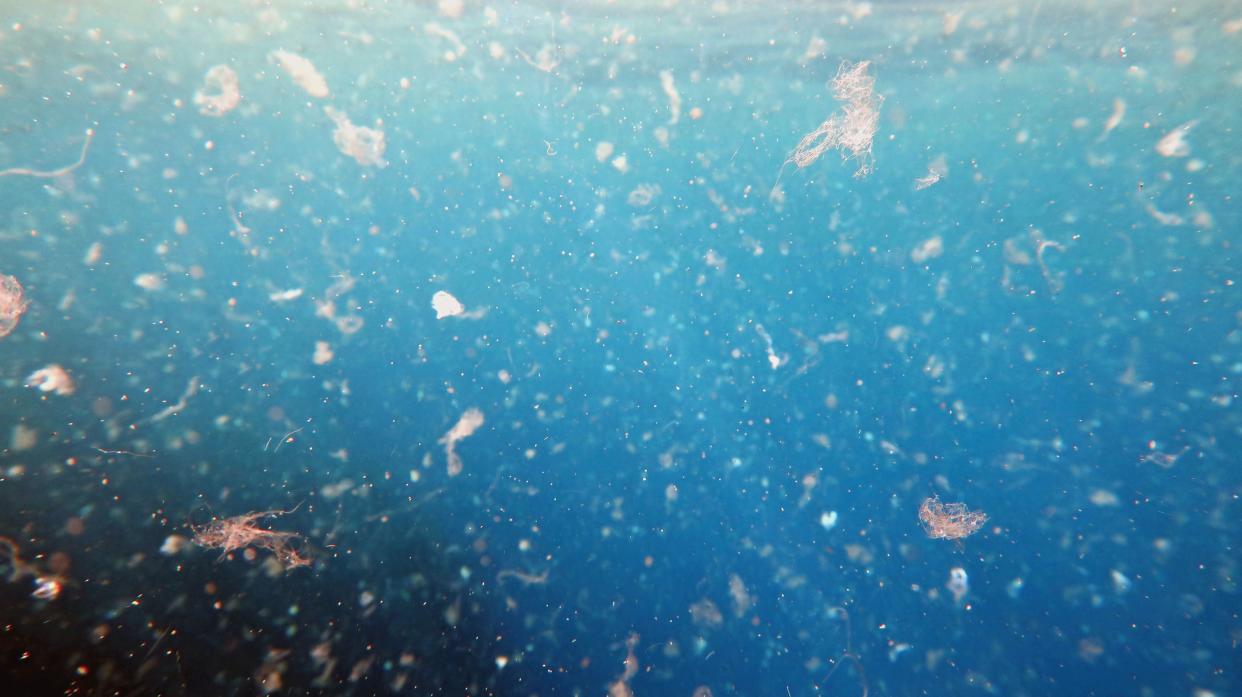River in UK ‘has more plastic than the Great Pacific Garbage Patch’

Microplastic pollution is everywhere in British rivers, with one river having more of the tiny plastic particles than the notorious ‘great Pacific garbage patch’.
Research by Greenpeace found tiny particles (smaller than 5mm) in every river under test, from south-west England to Northern Ireland.
The highest concentrations were in the River Mersey, where 875 pieces were captured in half an hour.
This makes the waterway, at the time it was sampled, proportionally more polluted than the great Pacific garbage patch, considered by scientists to be one of the most plastic-polluted expanses of water on Earth, Greenpeace said.
Steve Backshall, wildlife expert and TV presenter, said: 'Greenpeace's study has discovered that the River Mersey is even more polluted than the Great Pacific Garbage Patch - surely this will galvanise us all into doing something about this.
'Plastic pollution isn't just a domestic issue, its impacts are seen on wildlife and humans all over the world.
Read more from Yahoo News UK:
Torrential rain and thunderstorms lash UK
Fifth suspected murder in six days as London violence continues
Jeremy Corbyn to back second referendum
'For the sake of nature and for the sake of future generations we need to stop producing so much of it - it's the only way forward.'
A spokesman for the Environment Department (Defra) said: 'The UK is a global leader in tackling plastic pollution and is already making great strides - banning microbeads in rinse-off personal care products, taking fifteen billion plastic bags out of circulation with our 5p carrier bag charge, and announcing plans to introduce a deposit return scheme for single use drinks containers.
'We know there is more to do, which is why we are funding ground-breaking research into how microplastics enter waterways and working with the water industry to find new methods to detect, measure and remove microplastics from wastewater.'
The research also found that microbeads, tiny spherical pieces of plastic often used in cosmetic and household products, were found in five rivers despite being partially banned in 2017.
Scientists and campaigners, including Harry Potter star Bonnie Wright, sampled points along the rivers Exe, Thames, Severn, Great Ouse, Trent, Mersey, Aire, Derwent, Wear, Conwy, Wye, Clyde and Lagan.
Analysis of the samples by Greenpeace scientists at the University of Exeter using an infrared detector found microplastics were in 28 out of 30 locations tested.

 Yahoo News
Yahoo News 

